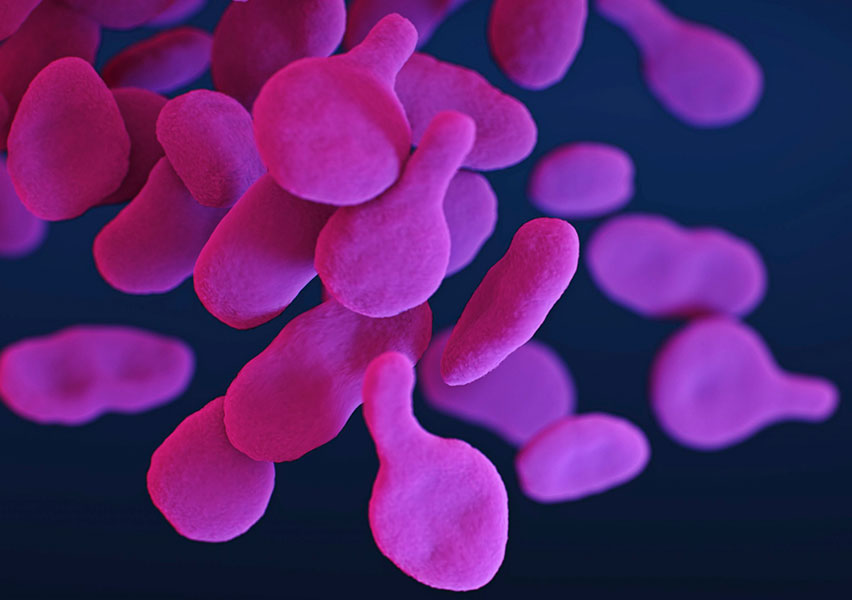Mycoplasma genitalium
Mycoplasma genitalium is a sexually transmitted pathogenic bacterium that infects the mucosal epithelial cells of the urinary and genital tracts. Its prevalence has increased, and it shows growing resistance to several antibiotics, especially azithromycin.
Clinical Features:
It can cause infections in both men and women, with symptoms similar to those caused by Chlamydia trachomatis. In some populations, its prevalence exceeds that of Chlamydia trachomatis and Neisseria gonorrhoeae.
- In women: cervicitis, pelvic inflammatory disease (PID) such as endometritis or salpingitis, pelvic pain, postcoital bleeding, increased risk of preterm birth, spontaneous abortion, and tubal infertility. It can also latently infect placental tissues, affecting pregnancy.
- In men: urethritis with mucopurulent discharge, pain or burning during urination, and watery penile discharge.
It also facilitates HIV transmission and can act as a coinfecting agent, increasing clinical risk.
Diagnosis:
Molecular detection (PCR) from urine samples or genital or rectal swabs is used. Testing of recent sexual partners is also important.
Treatment:
Antibiotic treatment faces increasing resistance to macrolides like azithromycin. Alternative protocols such as moxifloxacin or sequential therapy are required. Proper treatment prevents serious complications and reduces transmission. There is no clear evidence linking it to male infertility.

